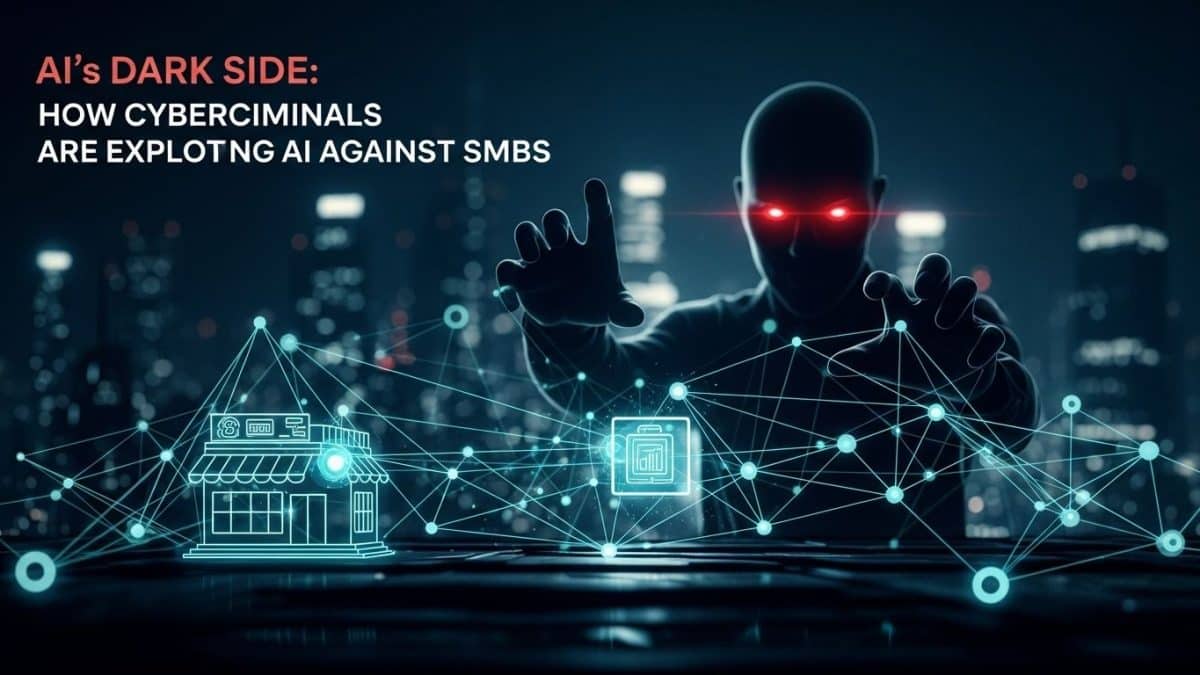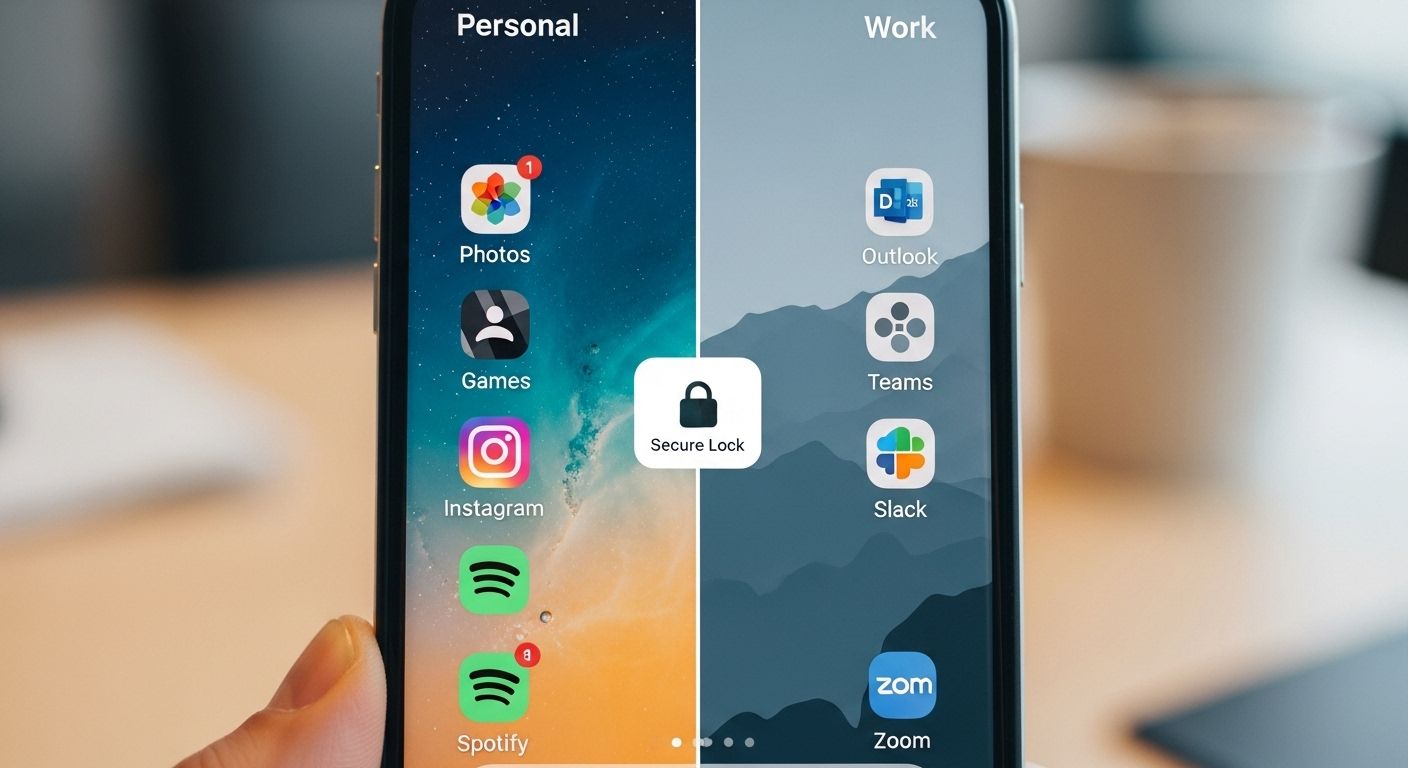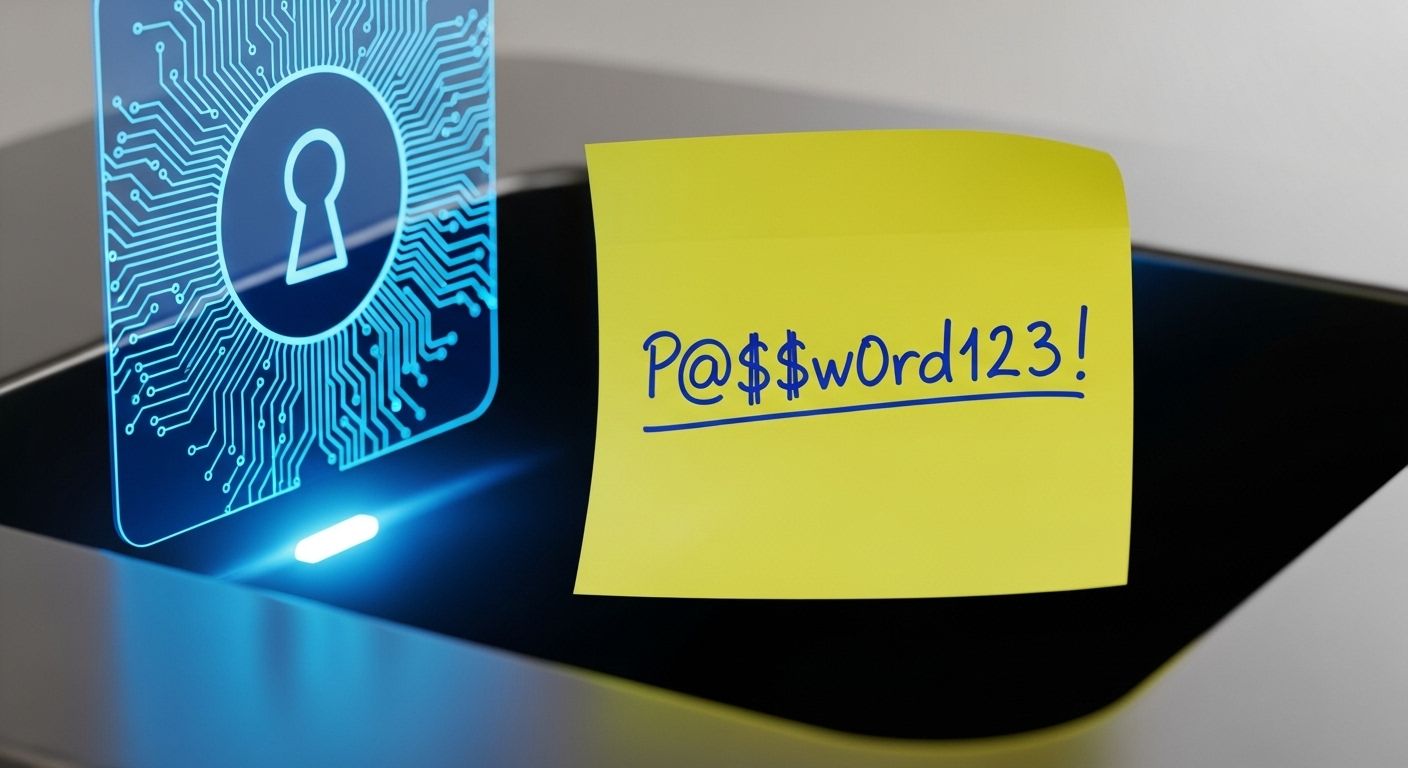
Cyber Threats: Why SMBs Can’t Afford to Wait
May 29, 2025
Trust No One: The Power of Zero Trust for SMBs
May 31, 2025The Alarming Ascent of AI-Powered Cyber Threats for Small and Medium Businesses
As a professional in cybersecurity, I’ve witnessed firsthand the constant evolution of threats that businesses face. In the dynamic landscape of 2025, Artificial Intelligence (AI) has emerged as a double-edged sword. While it offers unprecedented opportunities for innovation and defense, it has also become a potent weapon in the arsenal of cybercriminals, particularly those targeting small to medium businesses (SMBs). The perception that SMBs are “too small to target” is a dangerous fallacy. In fact, due to often limited resources, outdated systems, and less robust security infrastructures, SMBs are increasingly becoming prime targets for sophisticated, AI-driven attacks.
Historically, cyberattacks often relied on volume over precision. Think of the mass phishing emails filled with grammatical errors that were relatively easy to spot. Those days are rapidly fading. AI is empowering malicious actors to elevate their tactics, making their attacks far more convincing, evasive, and scalable. This isn’t just about automated scripts; it’s about intelligent systems designed to learn, adapt, and exploit vulnerabilities with chilling efficiency.
One of the most pervasive threats leveraging AI is AI-enhanced phishing and social engineering. Gone are the days of obvious scams. Cybercriminals are now using AI to craft highly personalized and grammatically flawless phishing emails and messages. These AI models can analyze vast amounts of publicly available data (from social media to company websites) to create emails that appear to originate from trusted sources, such as a CEO, a key vendor, or even a personal contact. They can mimic communication styles, reference specific projects, and create a sense of urgency or legitimacy that bypasses traditional human skepticism. This level of personalization makes it incredibly difficult for employees, even those with some security awareness training, to differentiate legitimate communications from malicious ones.
Beyond text, we are seeing a disturbing rise in deepfake technology. AI-generated audio and video can now realistically impersonate individuals, including senior executives. Imagine receiving a phone call or a video message seemingly from your CEO, authorizing an urgent wire transfer or requesting sensitive data. These deepfake scams are incredibly convincing and can lead to significant financial losses or data breaches if not rigorously verified through independent channels. For SMBs that often lack the robust verification protocols of larger enterprises, this represents a particularly acute risk.
Another significant concern is adaptive malware. Traditional antivirus solutions often rely on signature-based detection, identifying known malware patterns. However, AI-powered malware can now adapt its behavior in real-time to evade detection. This means the malicious code can morph, lie dormant, or alter its attack vector based on the defenses it encounters, making it far harder for static security measures to keep up. This “intelligent” malware can autonomously decide when to attack, which files to encrypt for maximum impact (in the case of ransomware), and how best to spread across a network, turning a minor breach into a full-blown catastrophe in minutes.
Furthermore, AI is being utilized for automated vulnerability scanning and exploitation. Cybercriminals are deploying AI tools to rapidly scan networks for weaknesses, identifying exploitable vulnerabilities far faster than manual methods. This allows them to launch targeted attacks with pinpoint accuracy, taking advantage of unpatched software, misconfigured systems, or weak credentials almost instantaneously. For SMBs struggling with IT resource limitations, keeping all systems patched and secure can be a monumental challenge, leaving them exposed to these AI-driven reconnaissance efforts.
The implications for SMBs are stark. A successful AI-powered cyberattack can lead to devastating financial losses, reputational damage, and even business closure. The average cost of a cyberattack on an SMB can be hundreds of thousands of dollars, far exceeding what many small businesses can absorb.
The good news is that just as AI can be used for nefarious purposes, it can also be a powerful ally in defense. However, effective cybersecurity in the age of AI requires a proactive and informed approach. Relying on outdated security measures is akin to bringing a knife to a gunfight.
At Krypto IT, we understand the unique cybersecurity challenges faced by small to medium businesses in Houston, Texas, and beyond. Our mission is to equip you with the knowledge and the tools to combat these evolving threats. We believe that robust cybersecurity isn’t a luxury; it’s a necessity for survival in today’s digital world.
Don’t wait for an AI-powered attack to cripple your business. Take the initiative to understand your vulnerabilities and bolster your defenses.
Is your business prepared for the AI-powered cyber threats of today? Contact Krypto IT for a free consultation and let our experts assess your current security posture and develop a tailored defense strategy to protect your valuable assets.
#KryptoIT #Cybersecurity #SMBsecurity #AIdrivenThreats #HoustonCybersecurity #SmallBusinessSecurity #CyberDefense #FreeConsultation #AIinCybercrime #ProtectYourBusiness




